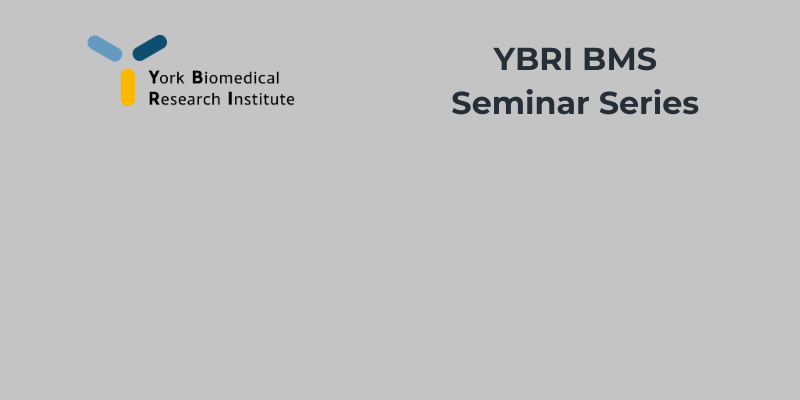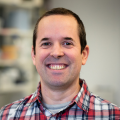
The human CDK-activating kinase: Molecular basis of its activity in cell cycle control and new workflows for inhibitor discovery
This event has now finished.
Event details
Abstract
The CDK-activating kinase (CAK) acts as a master regulator of cell growth and division. It regulates transcription via phosphorylation of RNA polymerase II, and it is responsible for full activation of cyclin-dependent kinases (CDKs) that control the cell cycle.
However, structural data illuminating the mechanism by which the CAK recognises and activates its CDK clients have remained elusive. We have now determined structures of the human CAK in complex with multiple substrates by cryogenic electron microscopy (cryo-EM). Our structures reveal a kinase-kinase interface that is formed with contributions from both kinase lobes but is largely independent of the activation loops. Computational and experimental analysis indicates that these structures represent the general architecture of CAK-CDK complexes.
Due to its dual function in transcription and the cell cycle, the human CAK has been identified as a promising target for cancer therapeutics. In the absence of high-resolution crystal structures of the intact CAK trimer, we have established structure-based drug design workflows to support discovery of next generation cancer therapeutics. Using these workflows, we determined more than a dozen high-resolution, ligand-bound structures of the human CAK using cryo-EM.

About the speaker
Basil Greber obtained his doctorate from ETH Zurich, where he spent a total of 6 years in the laboratory of Prof. Dr. Nenad Ban to study ribosomal complexes by cryo-electron microscopy. After a brief post-doctoral stay in Zurich, Dr. Greber moved to the laboratory of Prof. Dr. Eva Nogales at the University of California, Berkeley, where he investigated the structure and function of transcription factor IIH. In summer 2020, he moved to the Institute of Cancer Research in London to become a group leader. More details can be found here.
Venue details
Wheelchair accessible
Hearing loop
